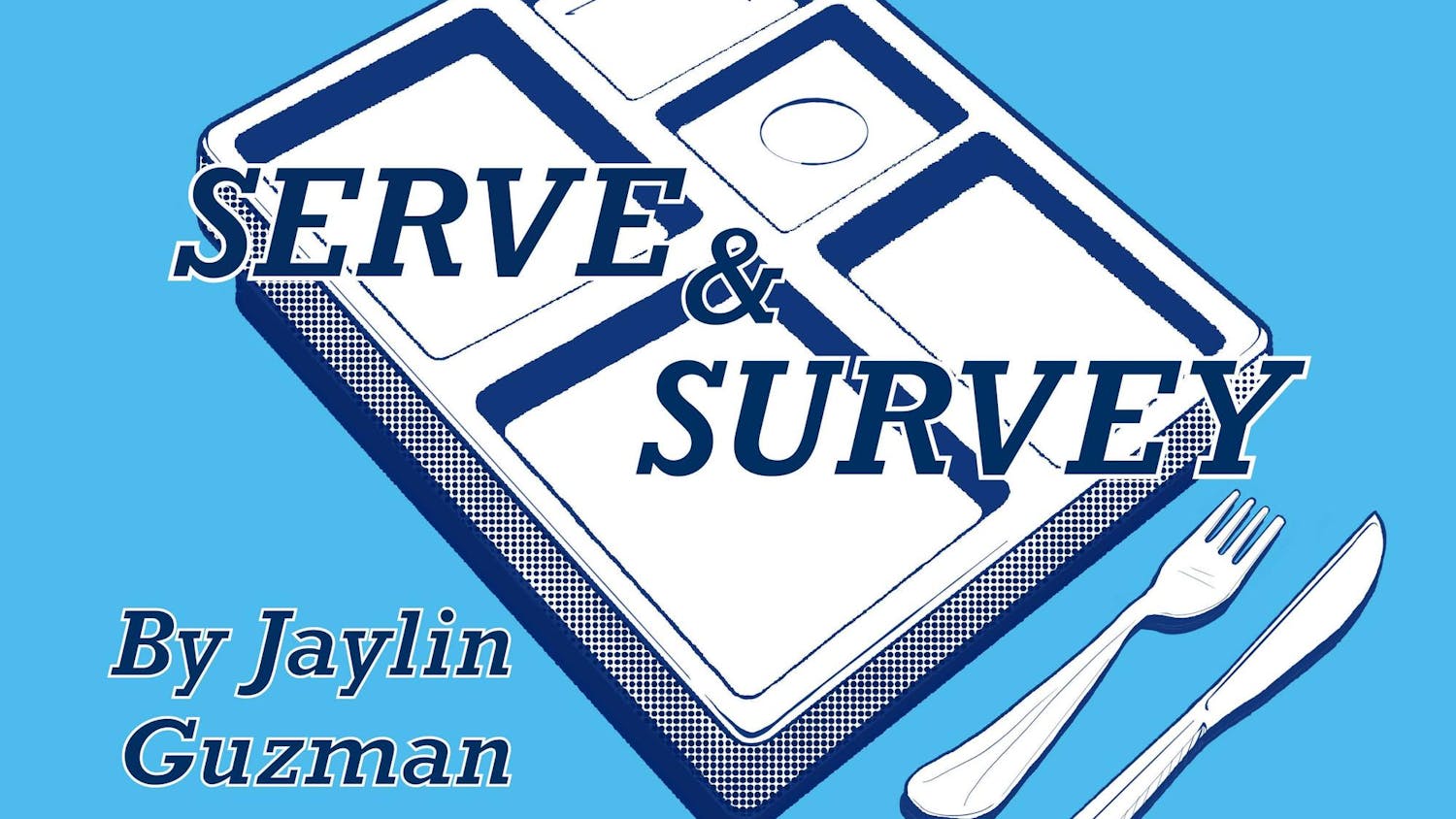Did you know that Barack Obama is an introvert?
Surprised? Wondering what it means to be an introvert or an extrovert? For a while, I didn’t understand the nuances of introversion and extroversion. Hopefully, through this column, I’ll be able to shed some light on this aspect of personality.
Though the terms introvert and extrovert are thrown around often, their true meaning has become lost over time, diluted by improper usage and assumptions. To start the conversation, let’s go to a simple source: the dictionary. An extrovert is “an outgoing, gregarious person” or “a person concerned primarily with the physical and social environment.” An introvert is “a shy person,” or “a person characterized by concern primarily with his or her own thoughts and feelings.” These partly accurate definitions highlight some of the key points and main assumptions of introversion and extroversion.
The first thing to know about introversion and extroversion is that they aren’t rigid categories, but a spectrum with introversion on one side, extroversion on the other, and ambiversion (a combination of introversion and extroversion) in the middle. The main distinguishing feature is the way that people recharge. Introverts recharge by spending time alone, whereas extroverts recharge by being social. As an introvert, this doesn’t mean that I don’t like going out, just that when I do, I might need some time to myself the next day or else I’ll feel really drained.
Sound familiar? If this is a little perplexing because you identify as an extrovert but also sometimes like to be by yourself after a long day, let me stress again: although two distinct terms are used, these are not neat boxes that people fall into. Introversion and extroversion, and people in general, are more complicated than that.
There are other characteristics that distinguish introverts and extroverts. Introverts often enjoy one-on-one conversations more than group conversations, are more reserved and reflect a lot. Extroverts are generally more open and will be so with more people, speak up and don’t mind a lot of attention.
Back to the definitions. The definition of an extrovert is accurate with the word “gregarious,” meaning sociable. The part of each definition that deals with the primary concerns of each type of person, however, is slightly misleading. It isn’t that introverts don’t think about others or about socializing, or that extroverts don’t think about themselves; rather, it’s a matter of reflection and of which way an individual’s tendency leans toward one or the other.
The problematic part of the definition of introvert is the equating of introversion and shyness. While shyness and introversion can go hand in hand, they are not one and the same. Both introverts and extroverts can be shy; someone can reenergize by socializing and also feel nervous about interacting with other people.
Barack Obama is an introvert, and so am I. I need time to myself in order to feel like myself and I overthink a lot of things. I also like spending time with friends and enjoy meeting new people, even if it sometimes feels draining. To all my fellow introverts, I feel you. Keep doing you.
More from The Tufts Daily
The Full Court Press: Rooting for the red, white, blue
By
Noah Goldstein
| February 20
Serve & Survey: Emotionally editing humanity
By
Jaylin Guzman
| February 20





